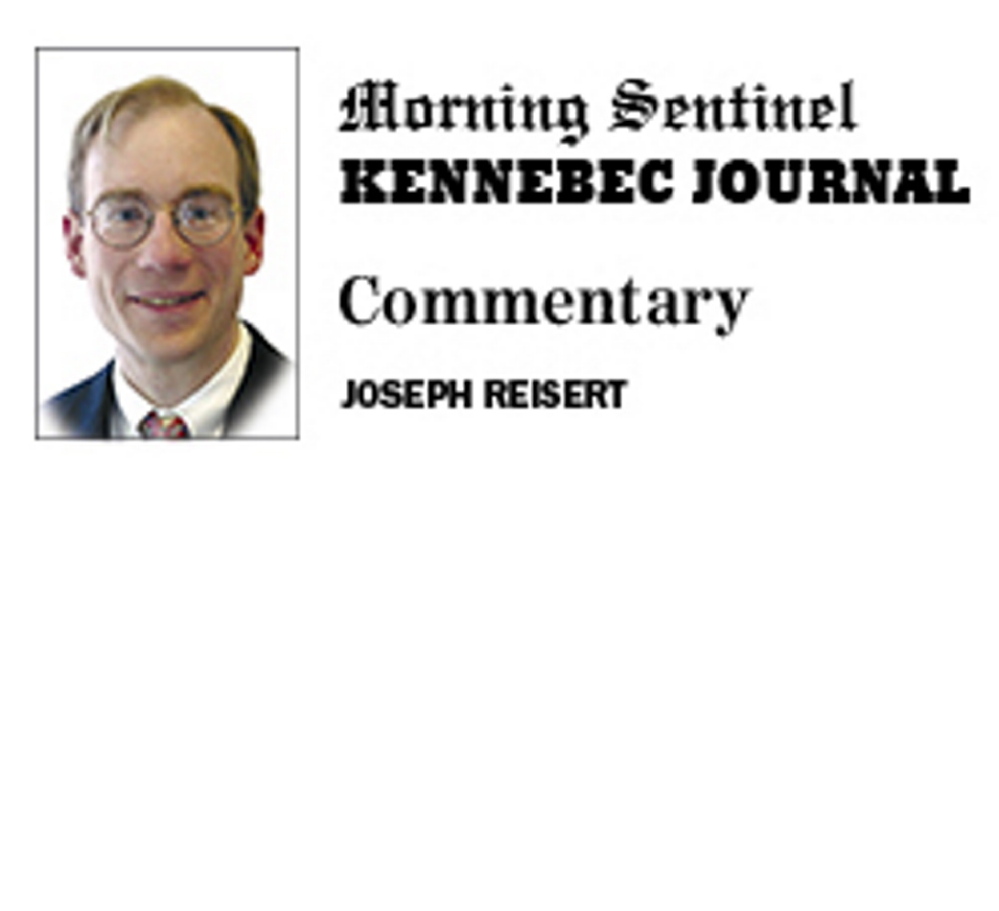An old lawyers’ adage holds that, when the letter of the law favors your client, you should stick to the law, but when it doesn’t, you should invoke the spirit of the law. That may be reasonable advice for trial lawyers, but it is not how the president of the United States should approach his constitutional duty to “take care that the laws be faithfully executed.”
The Constitution is clear: The president’s job is to make sure that the people who work for him follow and apply “the laws” — all of them — and do so “faithfully,” which means they must follow the laws as written, consistently with their guiding purpose and spirit.
President Barack Obama, however, finds himself embroiled in a pair of legal controversies, but instead of consistently demanding the faithful execution of the laws, he’s taking the position that the government has to follow only the letter of the law when it suits his partisan agenda.
In the latest challenge to the Affordable Care Act set to be decided by the U.S. Supreme Court, it is the text of the law that creates a problem for the president. The ACA requires most people who don’t have health insurance to buy insurance on an “exchange” or online marketplace. It permits each state to create its own exchange, but also provides that the federal government will create exchanges for the states that do not establish them.
The law plainly states, however, that subsidies are available to low-income persons who buy their health insurance “through an exchange created by the state.” The text says nothing about providing subsidies to people who buy insurance through the federal exchanges.
The text here is clear, but the administration says we should disregard the text and do what they see as consistent with the broader spirit of the law, because that would be, as they say, fair.
In the case of the president’s proposal to grant virtual amnesty to potentially millions of people now unlawfully present in the United States, Obama insists that the text of laws and regulations be followed to yield a result obviously in conflict with their overall design and purpose.
Long-standing federal regulations give the executive branch discretion with respect to the enforcement of immigration law. And that makes sense: We want the people who enforce immigration law to exercise some discretion, because people’s lives and circumstances are so varied that any set of strictly observed rules is bound to treat at least a few individuals unfairly.
Normally, we expect immigration officials to use their discretion in relatively few cases, so that the overall pattern of enforcement is both fair and consistent with the law.
President Obama, however, has insisted that the federal regulations that provide for “deferred action” on immigration law violators don’t actually specify that this power must be used sparingly. As a part of his re-election campaign, he used this regulatory power to license nearly 500,000 unlawful migrants to work in the United States. He did this, not to “faithfully execute” the laws passed by Congress, but because he wanted to see the law changed and Congress refused to change it.
In short, he found a loophole in the text of the law, and he drove a truck through it.
Unchastened by his party’s recent electoral defeats, Obama now threatens to drive a whole convoy of 18-wheelers through this same loophole.
Here’s the contraction: Obama wants to disregard the letter of the law on the Affordable Care Act, in order to accomplish what he sees as the spirit of the law, while invoking the letter of the law to justify his immigration policies, which he openly admits are inconsistent with the spirit of our current immigration laws.
In wanting to have it both ways, Obama is making a mockery of his constitutional duties and is brazenly subverting the rule of law.
One final note: In July, when I last wrote about the confusing reference to “state exchanges,” I assumed that the administration’s problem arose because the ACA was rushed hastily through Congress in the waning days of the Democrats’ filibuster-proof majority. This week, however, video came to light in which one of the architects of the law, Jonathan Gruber, is seen boasting shortly after the law’s passage about the deliberately “tortured way” in which the bill was written to obscure its unpopular features. This video, therefore, suggests instead that the problem arose because President Obama’s allies in Congress share his contempt for the rule of law and for the American people.
Joseph R. Reisert is associate professor of American constitutional law and chairman of the department of government at Colby College in Waterville.
Send questions/comments to the editors.



Success. Please wait for the page to reload. If the page does not reload within 5 seconds, please refresh the page.
Enter your email and password to access comments.
Hi, to comment on stories you must . This profile is in addition to your subscription and website login.
Already have a commenting profile? .
Invalid username/password.
Please check your email to confirm and complete your registration.
Only subscribers are eligible to post comments. Please subscribe or login first for digital access. Here’s why.
Use the form below to reset your password. When you've submitted your account email, we will send an email with a reset code.